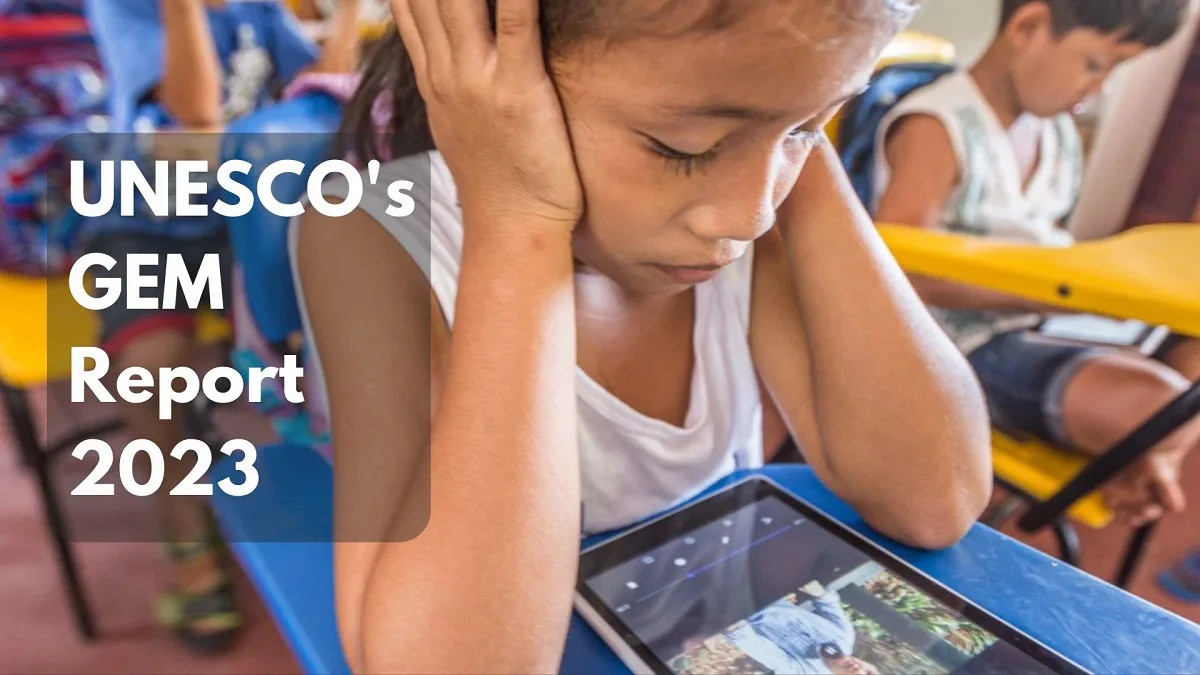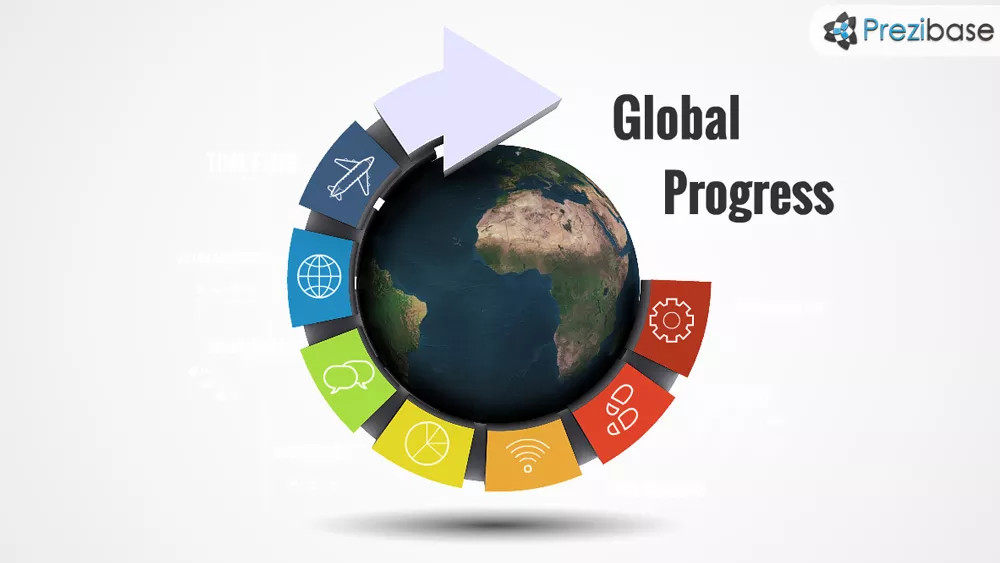Access to Information and the Future of Education: A Global Perspective
The global landscape of education is undergoing a rapid transformation, fueled by technological advancements and a growing recognition of the crucial role of access to information in shaping individual and societal progress. UNESCO's Global Education Monitoring (GEM) Report serves as a vital tool for understanding the state of education worldwide and identifying key challenges and opportunities. The report, an editorially independent publication hosted by UNESCO since 2002, offers a comprehensive analysis of the progress made on access to information and its impact on education systems around the world.
Taking Stock of Global Progress
The 2023 GEM Report, titled "To recovery and beyond: The report takes stock of the global progress on the adoption and implementation of legal guarantees on Access to Information", delves into the crucial link between access to information and the right to education. It examines the progress made in implementing legal guarantees for access to information, highlighting both successes and shortcomings. The report emphasizes that access to information is not merely a legal right, but a fundamental pillar of education, empowering individuals to engage in informed decision-making and participate actively in shaping their future.
Key Findings from the GEM Report
The report reveals several key findings that shed light on the global landscape of access to information and its implications for education. One striking observation is the uneven distribution of access to information across different regions and socioeconomic groups. While significant strides have been made in expanding digital connectivity, persistent disparities remain, particularly in developing countries. These disparities hinder educational opportunities, perpetuating cycles of inequality.
Furthermore, the report underscores the need for comprehensive strategies to promote digital literacy, emphasizing the importance of equipping individuals with the skills and knowledge necessary to navigate the digital world effectively. It highlights the need for effective policies that support the development of digital infrastructure and foster inclusive access to information technologies.
The Role of Digital Transformation in Education
The advent of digital technologies has brought about unprecedented opportunities for transforming education. From online learning platforms to virtual classrooms, digital tools are increasingly shaping the way knowledge is delivered, accessed, and shared. The GEM Report acknowledges the transformative potential of digital technologies in expanding access to education, particularly for marginalized communities and learners in remote areas.
However, the report also cautions against the risks associated with digital transformation. It highlights the need to ensure equitable access to technology and address issues of digital divides, particularly among students from disadvantaged backgrounds. The report stresses the importance of developing digital literacy programs that empower students to use digital tools responsibly and ethically.
Addressing Culture as a Global Public Good
The report also acknowledges the crucial role of culture in shaping education and promoting inclusive societies. The GEM Report emphasizes the importance of addressing culture as a global public good, recognizing that culture plays a vital role in fostering intercultural dialogue and promoting understanding across diverse communities.
UNESCO's Commitment to Transparency and Accountability
UNESCO's commitment to transparency and accountability is reflected in its e-Platform on intercultural dialogue, a platform designed to foster learning and knowledge sharing among individuals and organizations worldwide. This platform serves as a valuable resource for promoting understanding and collaboration across cultures, aligning with UNESCO's broader mission of fostering peace and sustainable development.
The Future of Education: A Call for Collective Action
The GEM Report concludes with a call for collective action to address the challenges and harness the opportunities presented by the evolving landscape of education. It emphasizes the need for a holistic approach that encompasses policy reforms, investments in digital infrastructure, and inclusive education programs.
The report advocates for a future of education where access to information is a universal right, empowering individuals to become active citizens and contribute to a more just and equitable world.
Looking Forward: A Time for Innovation and Collaboration
The GEM Report serves as a powerful reminder that the future of education lies in embracing innovation and fostering collaboration. By working together, governments, educators, and civil society organizations can create a world where education empowers individuals to reach their full potential and contribute to a brighter future for all. The report's findings and recommendations provide a roadmap for navigating the challenges and maximizing the opportunities presented by the ongoing digital transformation of education. Through concerted efforts and a shared commitment to equity and inclusion, we can shape a future where education unlocks the potential of every individual, empowering them to build a better world.



















